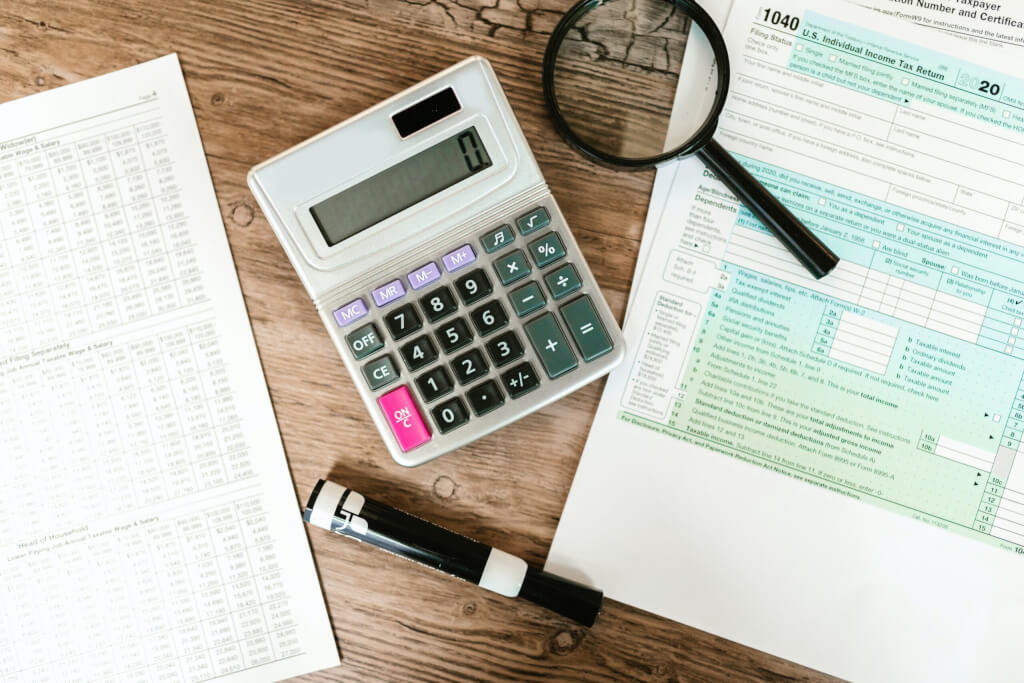International student loans are a great funding option for African students looking to fill funding gaps or their degrees abroad.
Education abroad can be quite expensive – there will be tuition, accommodation, books, airfare, and other costs. International student loans come in handy to cover expenses that you’re not able to cover with your own resources, financial aid from your school, or scholarships.
However, unlike scholarships and financial aid offered by your school, you’ll have to repay international student loans – with interest. Fortunately, depending on the repayment plan, you may not have to start making repayments until after the loan’s grace period.
During the grace period, you have the opportunity to get financially organized and prepare for loan repayment.
In this guide, we’ll explore everything you need to know about grace periods for international student loans. We’ll start by defining what a grace period is, how long it usually is, how it affects your loan payments and more.
What Is a Student Loan Grace Period?
A student loan grace period is a period of time after graduation (or dropping to half-time status) in which you’re not required to make payments on your student loan.
Most international student loans have a grace period of 6 months.
When Does the Grace Period Start?
For private international student loans, the grace period typically starts 6 months after you’ve either graduated or dropped to half-time status. With some repayment options the grace period may start as soon as the loan is disbursed.
Does My Student Loan Accrue Interest During the Grace Period?
In most cases, your student loan will accrue interest during the grace period. However, there are some international student loans that continue to accrue interest during the grace period.
If you’re not sure about whether your international student loan will accrue interest, check with the provider for more information.
How Does the Grace Period Affect My International Student Loan Payment?
The grace period affects how much time you have to make your first loan payment. Depending on the length of the grace period, it can either give you a bit of breathing room or add to your financial pressure.
As we’ve noted, in many cases, you won’t be required to make a loan payment during the grace period. But interest will continue to accrue on the loan.
It means that the amount you owe can grow significantly during the grace period. It’s, therefore, important to be aware of how long your loan’s grace period lasts and plan accordingly.
Can You Start Making Loan Payments During the Grace Period?
While you’re not required to start making loan payment during the grace period, if you can choose to start payments if you’re in a position to do so.
If you opt to make payments during the grace period, it can help you reduce your total loan balance and save you money in the long run.
In addition, making payments during the grace period can help you build a strong credit history and demonstrate your financial responsibility.
What If I Don’t Start Making Payments After the Grace Period
If you don’t start making payments after the grace period for your international student loan, you may be subject to:
- Late fees
- Collection costs
- Other penalties
If you’re unable to start making payments, it’s advisable to contact your lender as soon as possible. In many cases, they can offer alternative payment options or a loan modification.
Keep in mind that defaulting on your loan can have serious consequences. Your loan servicer may report the delinquency to the credit bureaus, which can have a negative effect on your credit score. The loan servicer may also take legal action to collect the debt.
How Can I Make the Most of the International Student Grace Period?
The international student grace period is a great opportunity to get your finances in order before repayment begins. You can make the most of the grace period by taking the following steps to reduce your overall loan debt:
- Find a job: To ensure that you’ll be able to make payments when the grace period ends, find a reliable job. A steady income will help you repay your loan without financial distress.
- Create a budget: Create a budget that allows you to save some of the extra money during the grace period. Doing so will help you stay on track with your loan payments and other financial obligations.
- Make payments: Even if you are not required to make payments during the grace period, you should try to make some payments if you can. Making payments will help you reduce your total loan balance and make future payments easier.
- Research repayment options: Research different repayment options for your loan to find the best option for you. This will help you make sure you can afford your payments after the grace period ends.
Final Thoughts
If you’re considering taking international student loans to finance your education, it’s important to understand the grace period.
The grace period can be incredibly beneficial if you are unable to make payments immediately after graduation. It provides you with the time you need to find a job or adjust to your new financial situation.
However, remember that the grace period is not a free pass. You still need to make every effort to make your payments on time. The grace period is a great way to manage your international student loan debt in a responsible manner.
Are you looking for international student loans to finance your education abroad? 8B offers no cosigner, collateral-free international student loans to eligible African students in global universities. Compare different loans on the 8B student loan marketplace.




